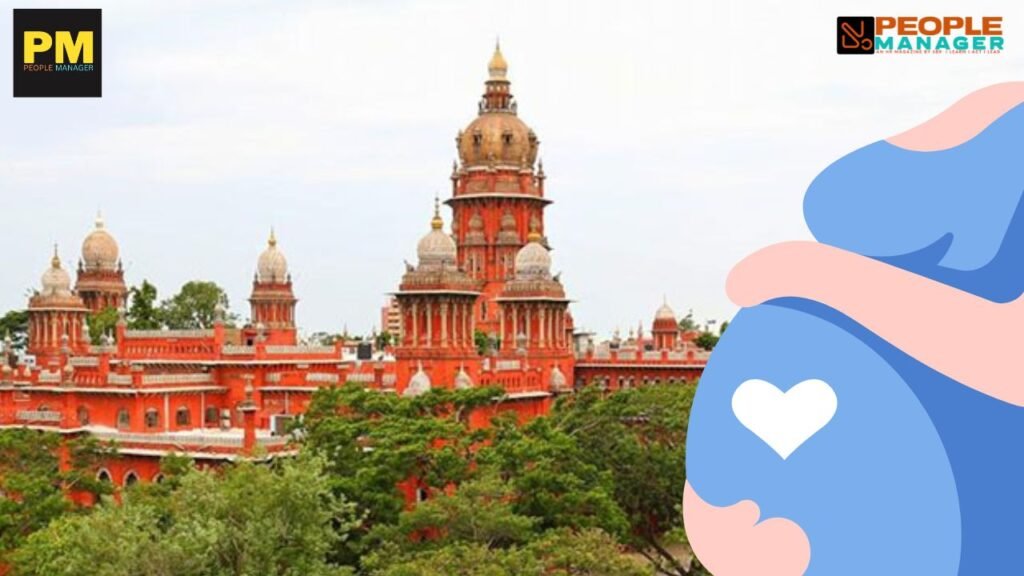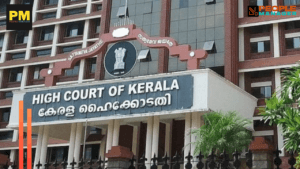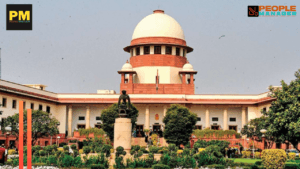Paternity Leaves to be recognized as Basic Human Right: Madras High Court
The Court quashes desertion order against cop who went on leave for his wife’s delivery

Paternity Leaves to be recognized as Basic Human Right: Madras High Court and reinstates Police inspector.
The Madras High Court’s Madurai Bench stated that it is past time for policymakers to recognize paternity leave and parental leave for biological or adoptive parents as a basic human right of the kid.
In the case of B. Saravanan vs. The Deputy Inspector General of Police & Ors., the Bench stated that it is past time for policymakers to acknowledge the right to paternity leave/parental leave for biological/adoptive parents as a basic human right of the pre-natal/post-natal child.
Sarvanan, a police inspector stationed at Kadayam Police Station in Tamil Nadu’s Tenkasi District, applied for 90-day paternity vacation from May 1, 2023 to July 29, 2023 in this case. His leave was first accepted, but it was unexpectedly withdrawn on April 30, just a day before he was scheduled to begin.
The High Court had granted him leave to return, but the authorities issued a desertion notice, prompting Sarvanan to return to the High Court.
According to the Court, “the development of a child begins with pre-natal care days, that is, on day one of the mother’s pregnancy, and continues all the way through post-natal care days, until the age of attaining majority.” From the standpoint of the child’s right to survive, the involvement of both the mother and father throughout pregnancy and postnatal care days becomes more important. A welfare state is obligated to offer a dignified pre-natal care for the fetus and good health care, hygiene, and sanitation for the child throughout the post-natal care days.
Perhaps granting maternity/paternity leave to biological parents and paternal leave to adoptive parents is to provide sufficient pre-natal/post-natal care, thereby protecting the child’s right to life as protected by Article 21 of the Indian Constitution. The right to life, granted to all children by Articles 21 and 15(3) of the Indian Constitution, culminates in the fundamental human right of biological/adoptive parents seeking maternity/ paternity/ parental leave. Thus, the defendants’ cancellation and refusal of paternity leave to the petitioner would be a breach of Article 21 of the Indian Constitution.”
Counsel R. Anand represented the petitioner, and Additional Government Pleader M Prakash represented the respondents. Sarvanan also brought the matter to the High Court, which granted him leave till May 15 and urged him to reapply for leave. He reapplied after that, but was only allowed leave from May 1 to May 20. On May 31, his wife gave birth after a difficult IVF pregnancy. Sarvanan felt obligated to prolong his absence since his wife and newborn needed care, and he informed his supervisors via written representation and WhatsApp conversations. Despite this, officials issued a desertion notice to Sarvanan on June 22. They suspended him and requested an explanation for his absence, which they classified as illegal leave.
Sarvanan then petitioned the High Court, requesting that the desertion notice be quashed. He also demanded that he be reinstated to his original post.
The High Court ruled that the petitioner should have been granted leave. “Considering the unusual nature of this case, where a dutiful husband has sought for paternity leave before the competent authority, only for the purpose of taking care of his pregnant wife, at the time of a complicated delivery procedure by IVF treatment, the competent authority ought to have granted leave as sought by him in his application from 01.05.2023 to 15.06.2023, the competent authority ought to have granted leave as sought by him in his application from 01.05.2023 to 15.06.2023.
However, such an order was not issued, and he was only permitted to use Unearned Leave for private matters from 1 May 2023 to 30 May 2023. Despite the fact that the Superintendent of Police was aware that the petitioner was unable to report for duty due to the problematic delivery of his wife, he issued the contested desertion order.”
The petitioner was directed to appear before the concerned officials to submit necessary explanations, along with his wife’s medical records and an apology letter. It was also directed that the case of the petitioner was considered with a considerate mind, and an order be passed within 4 weeks.
- Financial Crisis Cannot Compel an Employee to Work, Resignation Rejection Amount to Bonded Labour: Kerala High Court. - February 17, 2026
- Pernod Ricard India introduces Cheers VRorld, an industry-first VR-powered onboarding experience in the Alco-Bev sector - February 11, 2026
- Jio-bp Appoints Sareeta Bhatikar as Chief Human Resources Officer to Steer Next Phase of Growth - February 11, 2026








